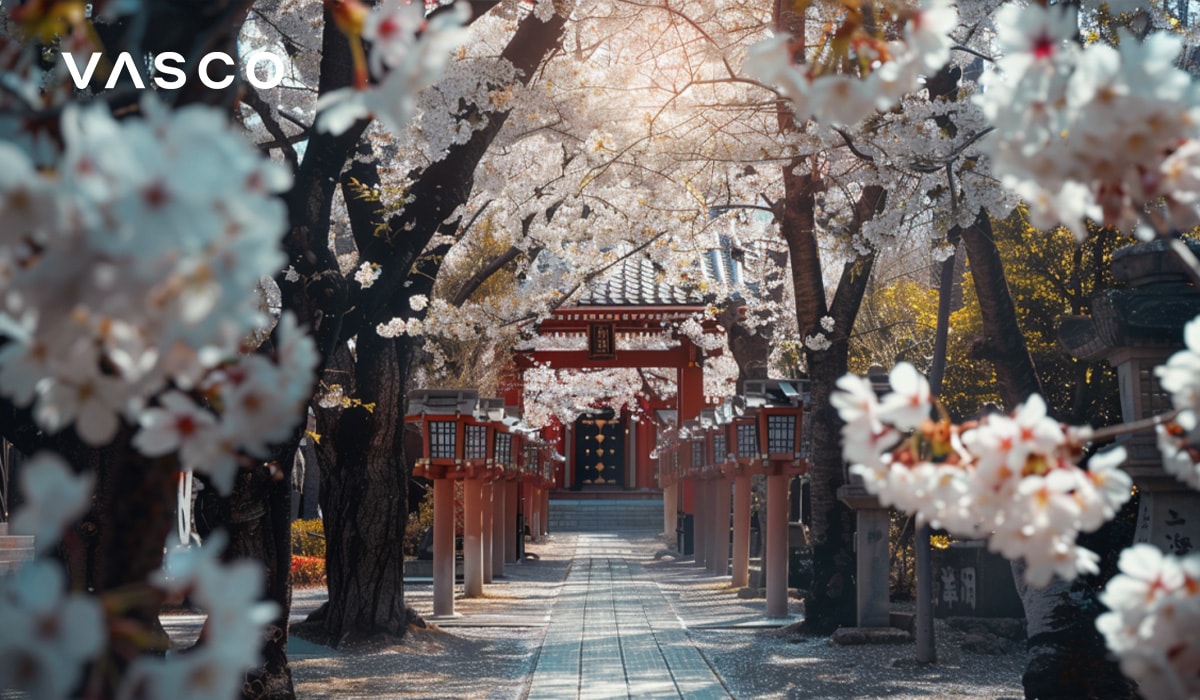Welcome to the land of sushi, samurais, and sumo! Japan, where ancient traditions blend seamlessly with cutting-edge technology.
Table of Contents:
Think you know all about Japan or Japanese people? Think again! From quirky cultural practices to jaw-dropping landmarks, there’s always something new to discover.
So, let’s see what are some interesting facts about Japan that will make you want to pack your bags and say “Konnichiwa!” (the Japanese word for “hello”).
Curious facts about Japan: General take
As we dive deeper into cool things about Japan, let’s fact-check some of the most common beliefs.
- ~4,000 Islands: Japan consists of more than just four main islands. There are thousands more to explore, each with its own unique beauty and culture. No wonder it’s called “an island nation”.
- Cherry Blossoms: Wondering when do cherry blossoms bloom in Japan? Late March to early April is sakura season, turning the country into a pink paradise. Perfect for “hanami” (flower viewing) parties!
- Samurai and Shoguns: These fierce warriors uphold a strict code of honor known as “bushido.” Their legacy still influences everything, from martial arts to modern media.
- Noodle Slurping: In Japan, slurping your noodles isn’t rude—it’s encouraged! It shows you’re enjoying your meal. So, slurp away!
FAQ:
What are the most interesting facts about Japan?
Why is Mount Fuji important to Japanese culture?
When is the best time to see cherry blossoms in Japan?
What happened during Japan’s isolation period?
Which Japanese festivals should I visit?
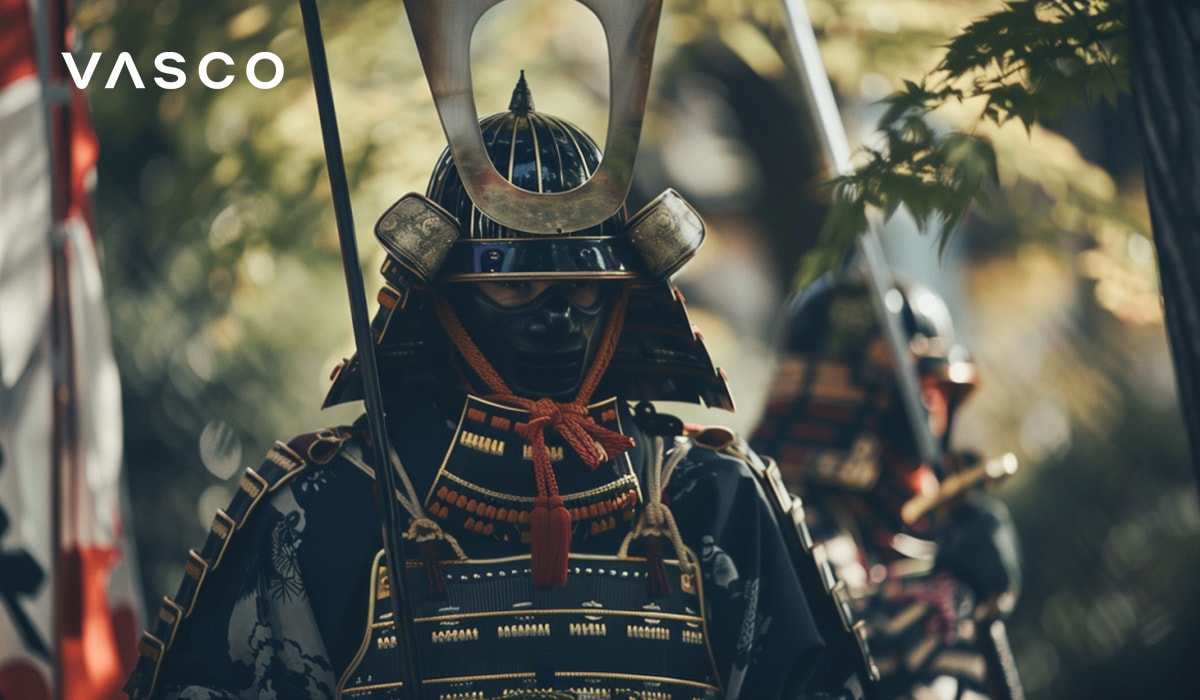
Interesting historical facts about Japan
Japan’s history is a treasure trove of fascinating tales and pivotal moments. Let’s take a quick tour through some of the most significant periods:
- Ancient Origins: Japan’s early civilization dates back thousands of years. Think Jomon pottery and Yayoi rice paddies.
- Samurai and Shogun Era: The time of the samurais, who were more than just warriors—they were also the backbone of Japanese culture. Their code of honor, known as bushido, still influences many aspects of Japanese life today.
- The Isolation Period (Edo Period): From the early 17th to mid-19th century, Japan entered a period of isolation under the Tokugawa Shogunate. This era, also known as the Edo period, was characterized by strict social order and limited foreign interaction. Here’s what made it unique:
- Sakoku Policy: The Sakoku policy restricted foreign relations and trade, except with the Dutch, Chinese, and Koreans, who were confined to specific ports.
- Cultural Flourishing: Despite isolation, this period saw a blossoming of arts, literature, and culture. Ukiyo-e woodblock prints, kabuki theater, and haiku poetry became quintessentially Japanese, reflecting the vibrant spirit of the time.
- Meiji Restoration: This period transformed Japan from a feudal society into a modern industrial power. It’s like watching a country go through a major glow-up! The Meiji Restoration began in 1868, ending centuries of shogunate rule and restoring imperial power under Emperor Meiji.
- World War II and Post-War Recovery: Japan’s resilience and rapid recovery post-WWII is nothing short of miraculous. From the ashes of defeat, Japan emerged as a global economic powerhouse, with advancements in technology and industry that continue to shape the modern world.
These periods have shaped Japan into the unique and vibrant country it is today. The blend of old and new is what makes Japan so intriguing to explore!
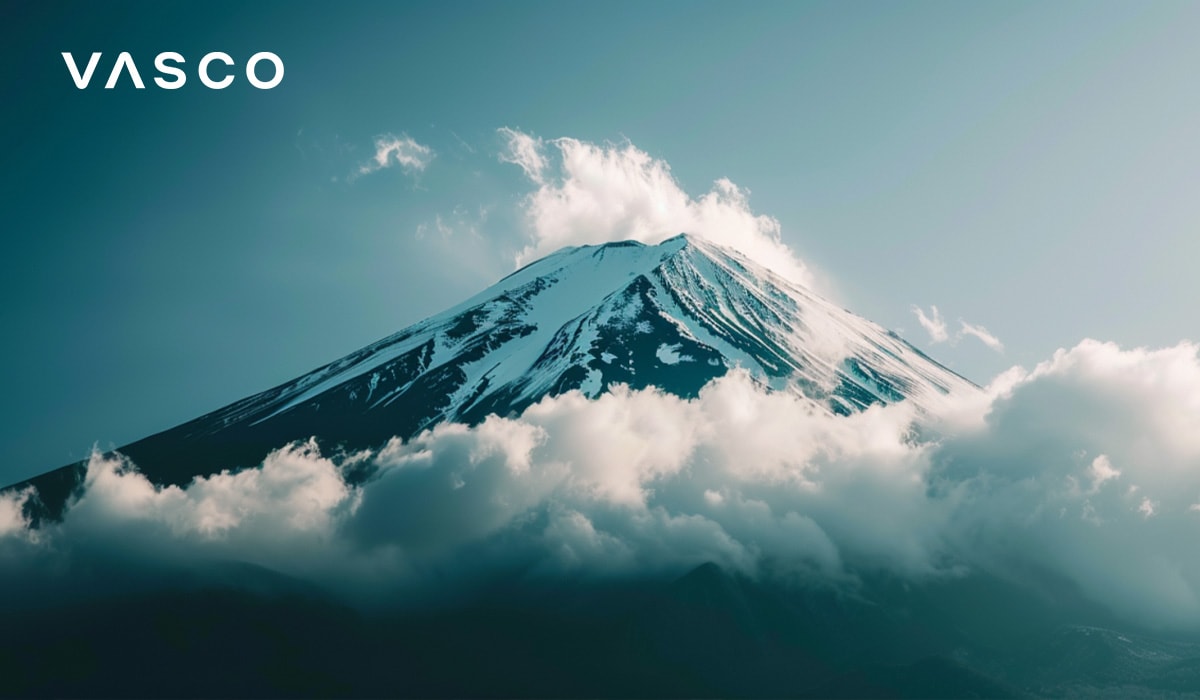
Geographical wonders
Japan’s geography is as diverse as it is stunning. From towering mountains to serene beaches, this country in East Asia has something for everyone.
Mount Fuji
An iconic symbol of Japan, Mount Fuji is not just a “pretty face”. It’s also a cultural and spiritual beacon.
Here’s why:
- Spiritual Significance: Mount Fuji has been a site of pilgrimage for centuries. Shintoists and Buddhists alike consider it sacred, and it’s believed to be the home of Konohanasakuya-hime, the goddess of Mount Fuji and all volcanoes. You can find wonderful Buddhist temples here, and more.
- Cultural Influence: The mountain’s majestic presence has inspired countless works of art, literature, and poetry.
- Pilgrimage and Rituals: Every year, thousands of pilgrims climb Mount Fuji during the official climbing season (July to September). The ascent is often a spiritual journey, with climbers stopping at various shrines and torii gates along the way.
- UNESCO World Heritage Site: Recognized as a cultural site, Mount Fuji’s status underscores its importance in Japanese history and culture, attracting visitors from around the globe who seek both rich cultural heritage and spiritual enlightenment.
Volcanic activity
Japan’s volcanic activity has created a landscape dotted with hot springs (onsen). Perfect for a relaxing soak after a day of exploring.
Climate zones
Japan’s climate ranges from Hokkaido’s snowy winters to Okinawa’s tropical paradise. Pack accordingly!
Islands and coastlines
Japan’s islands offer diverse experiences, from the bustling streets of Tokyo to the tranquil beaches of Okinawa.
- Rabbit Island: Okunoshima, also known as Rabbit Island, is famous for its friendly, free-roaming rabbits. This island offers a unique and adorable experience for animal lovers, with hundreds of bunnies eager to greet visitors.
Japanese gardens
Japanese gardens are serene oases that blend natural beauty with meticulous design. Featuring elements like water, rocks, and pruned trees, these gardens symbolize harmony and tranquility. Each component has symbolic meaning, with ponds representing oceans and stones symbolizing mountains. Whether in a zen garden in Kyoto or enjoying blooms at Tokyo’s Rikugien, each Japanese garden offers a peaceful retreat into nature’s artistry.
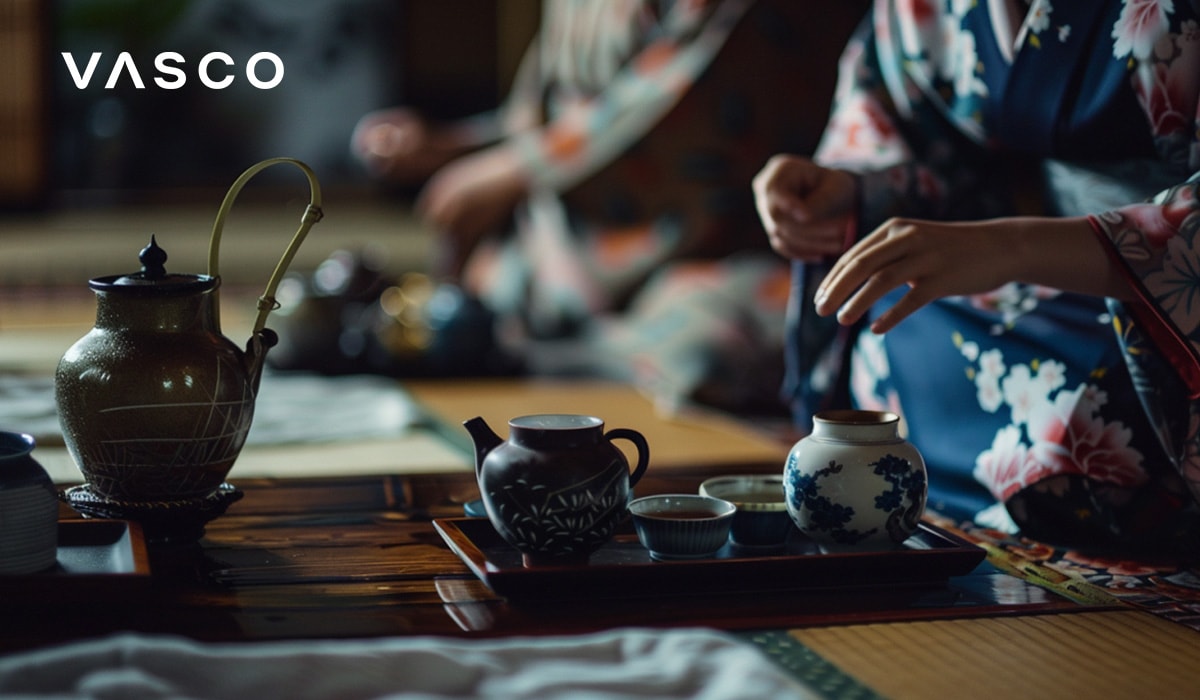
Interesting Japanese traditions
Japan is a land of fascinating traditions and quirky customs. Let’s see what are some most interesting facts about Japanese culture:
- Tea Ceremony: The Japanese tea ceremony, or “chanoyu,” is more than just drinking tea. It’s a choreographed ritual of preparation and presentation. Every movement, every gesture is performed with grace and precision. It’s all about harmony, respect, purity, and tranquility.
- Festivals (Matsuri): Japan loves its festivals! From the boisterous Gion Matsuri in Kyoto to the snowy Sapporo Snow Festival, there’s always something to celebrate. Each festival has its own unique history and set of customs, making them a fun and educational experience.
- Etiquette and Manners: Japanese etiquette might seem strict, but it’s rooted in respect for others. For example, always remove your shoes before entering someone’s home, and never stick your chopsticks upright in a bowl of rice—it resembles a funeral ritual!
- Pop Culture Influence: Japan is the birthplace of anime and manga, which have taken the world by storm. From Studio Ghibli’s enchanting films to popular series like “Naruto” and “Attack on Titan,” Japanese pop culture has a massive global following.
- Japanese New Year Traditions: New Year’s (Shogatsu) is the most important holiday in Japan. It’s a time for family gatherings, special foods like osechi-ryori, and traditional games. Many visit shrines for hatsumode, the first shrine visit of the year, to pray for good fortune. If you would like to know about more curious facts about Japan, check out our article on weird Christmas traditions. There’s one part where we talk about Japanese culture as well!

Technological marvels
Japan is a leader in technological innovation. Here are some of the coolest things about Japan in the tech world:
- Advanced Public Transportation: The Shinkansen, or bullet train, is famous for its speed and punctuality. It’s a marvel of engineering that makes traveling across Japan a breeze. It’s also the reason why Japanese trains are known in the whole world.
- Cutting-Edge Innovations: Japan is at the forefront of robotics and automation. From robots that assist in daily chores to high-tech toilets with more functions than your smartphone, the future is now in Japan.
- Sustainable Practices: Japan is also a pioneer in sustainability: it’s making strides in renewable energy, waste management, and eco-friendly technologies. Tokyo’s Olympic Stadium, for example, was built with sustainability in mind.
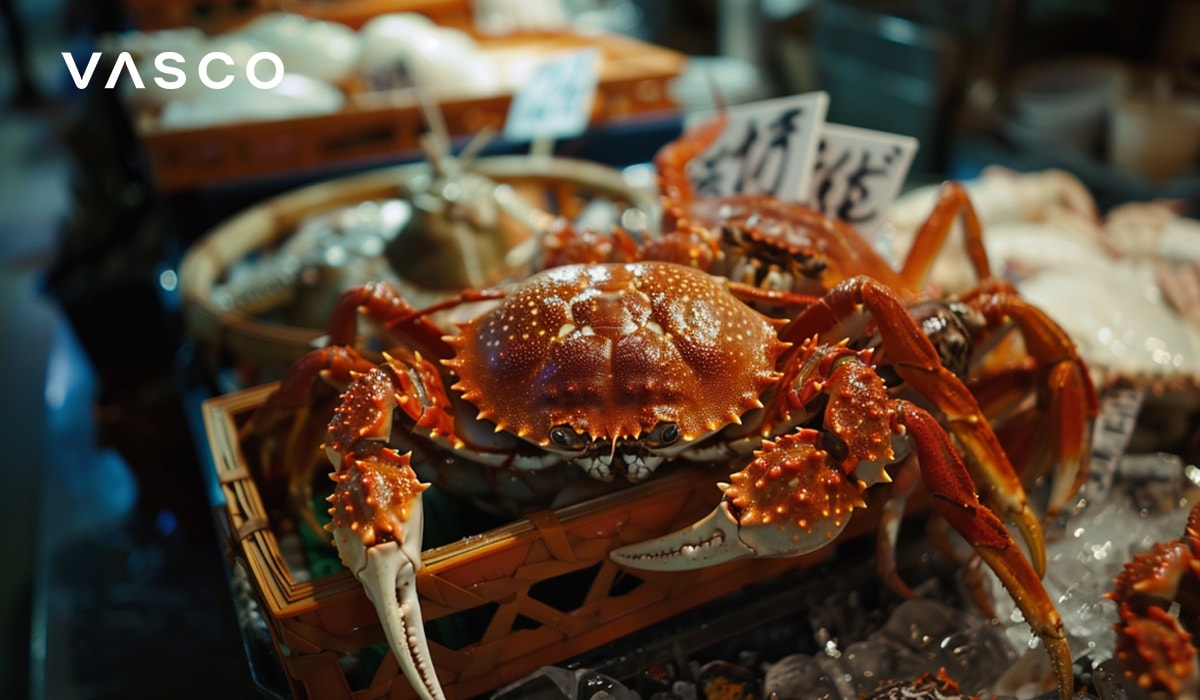
Culinary Delights
Japanese cuisine is a feast for the senses. Here are some facts about Japanese culture through its food:
- Regional Specialties: Each region in Japan has its own culinary specialties. In Hokkaido, savor fresh seafood like crab and sea urchin. In Osaka, indulge in street food favorites like takoyaki (octopus balls) and okonomiyaki (savory pancakes).
- Street Food: Don’t miss the vibrant street food scene! Enjoy yakitori (grilled chicken skewers), taiyaki (fish-shaped pastries filled with sweet red bean paste), and much more. These tasty treats are perfect for eating on the go.
- Traditional Dining Experiences: For a truly authentic experience, try a kaiseki meal, which is a multi-course dinner that showcases seasonal ingredients. Dining at an izakaya (Japanese pub) is also a great way to experience local culture and cuisine.
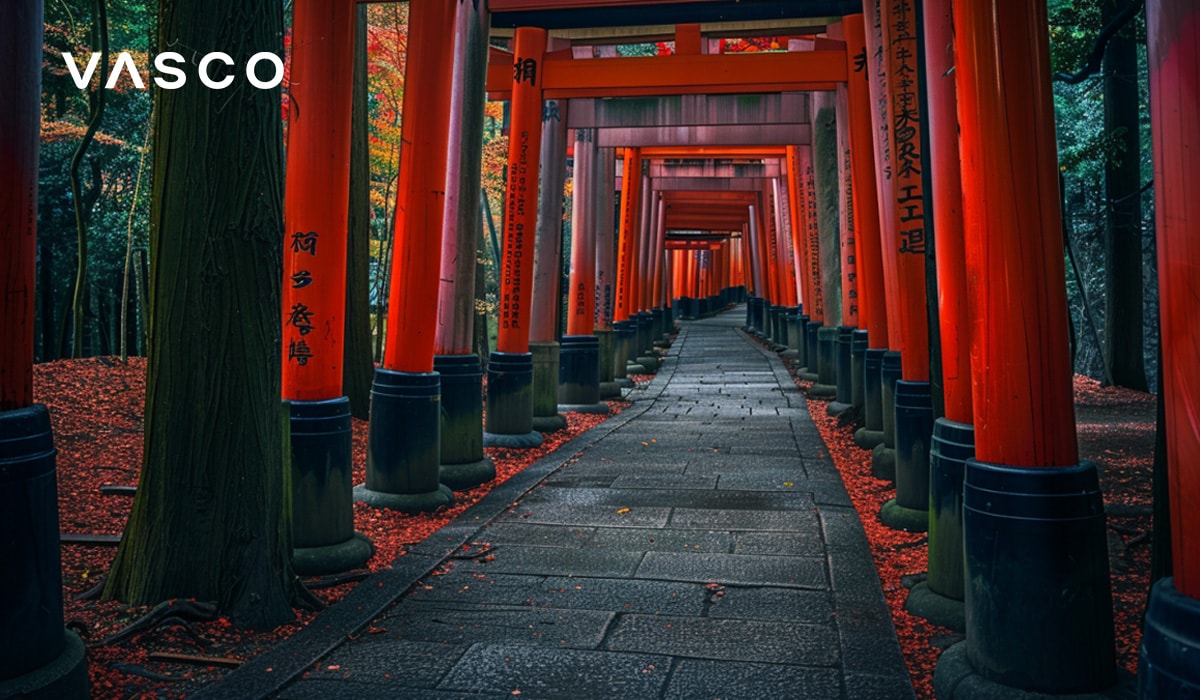
Unique Attractions
Japan is full of unique attractions that cater to all interests. Here are some unusual facts about Japan you shouldn’t miss:
- Temples and Shrines: Must-visit spiritual sites include Kyoto’s Fushimi Inari Shrine with its thousands of red torii gates, and Tokyo’s Senso-ji Temple, the city’s oldest temple.
- Modern Architecture: Marvel at the futuristic Tokyo Tower, the innovative Kyoto Station, and the mesmerizing TeamLab Borderless digital art museum.
- Natural Wonders: Japan’s natural beauty is breathtaking. Walk through the Arashiyama Bamboo Grove in Kyoto, visit the iconic Itsukushima Shrine on Miyajima Island, and relax in the coastal beauty of the Izu Peninsula.
- Quirky Museums and Parks: Explore the Cup Noodles Museum in Yokohama, the Ramen Museum in Osaka, and the whimsical Studio Ghibli Museum in Mitaka.
- Vending Machines: Japan is the only country with such a high density of vending machines in the world. A Japanese vending machine offers everything from drinks and snacks to umbrellas and fresh flowers. They are a testament to the country’s love for convenience and innovation.
Practical Tips for Travelers
Traveling in Japan is a breeze with a few handy tips:
- Navigating Transportation: The JR Pass is a must for unlimited travel on JR trains. Mastering the metro systems and renting bikes are also great ways to get around.
- Language Barriers: Learning a few basic Japanese phrases can go a long way. Phrases like “Arigato” (Thank you) and “Sumimasen” (Excuse me) are essential.
- Cultural Sensitivity: Respect local customs. Bowing is a common greeting, and being quiet on public transportation is appreciated.
- Technology Tips: Useful apps like Google Maps, Hyperdia for train schedules, and translation devices can make your travel smoother.
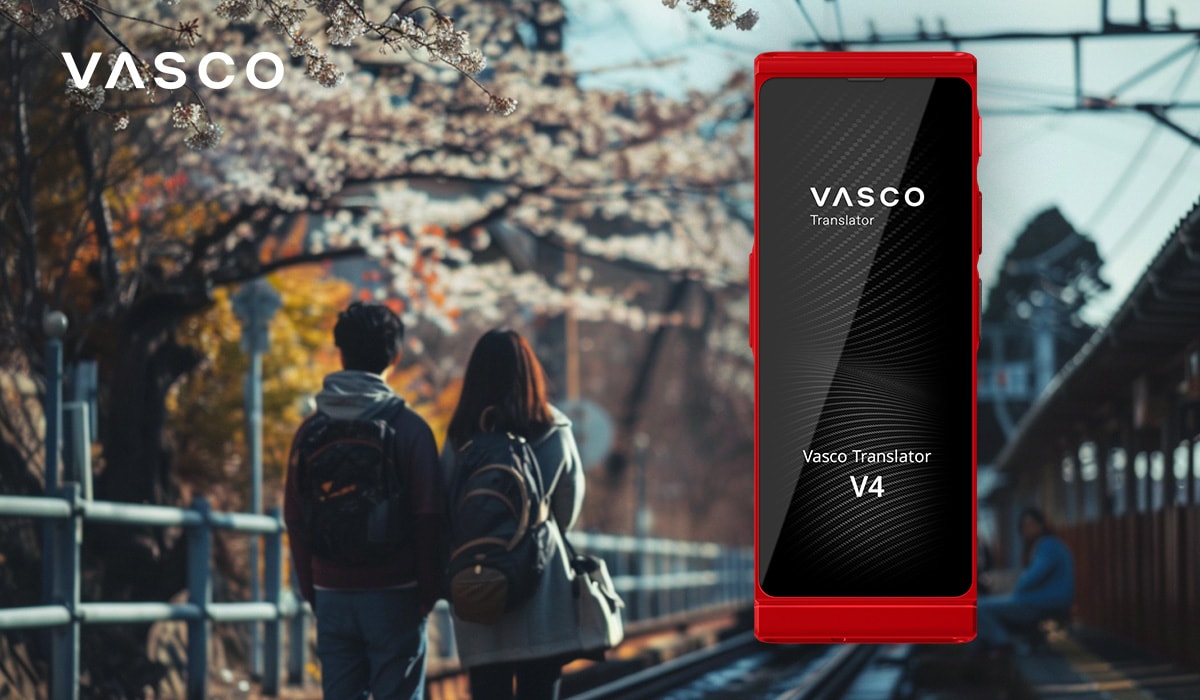
Enhance Your Trip with Vasco Translator
Traveling to the country of cherry blossoms can be challenging if you don’t speak the Japanese language. But not with Vasco Translator.
- What It Is: Vasco Translator is a state-of-the-art AI translator that helps you communicate effortlessly in multiple languages.
- Benefits in Japan: Overcome language barriers, ask for directions, order food, and engage with locals confidently. Vasco voice translator is your travel companion for a hassle-free experience.
- Why Vasco? This smart translator comes with an in-built SIM card. It basically means you can get online translation anywhere in the world with GSM access. It’s free and works forever for all translation apps on the device.
Conclusion
From ancient traditions to futuristic innovations, Japan is a land of endless discoveries. Whether you’re marveling at cherry blossoms, exploring historical landmarks, or enjoying culinary delights, there’s always something new and exciting around every corner.
Don’t forget to bring along your Vasco Translator to make the most of your journey.
Nutshell
Japan, where tradition meets modernity, offers a treasure trove of experiences. From the spiritual allure of Mount Fuji to the serene beauty of Japanese gardens, nature’s artistry abounds. Discover the rich history of samurais and shoguns, the isolation period, and the rapid transformation during the Meiji Restoration. Marvel at advanced technology like the Shinkansen and explore quirky aspects like vending machines and Rabbit Island. Indulge in regional culinary delights, participate in vibrant festivals, and embrace the intricate tea ceremony. Don’t miss the cherry blossoms in spring or the unique Japanese New Year traditions. Enhance your travel with the Vasco Translator for a seamless, enriching experience. Japan is a land of endless discoveries, waiting to enchant you!
